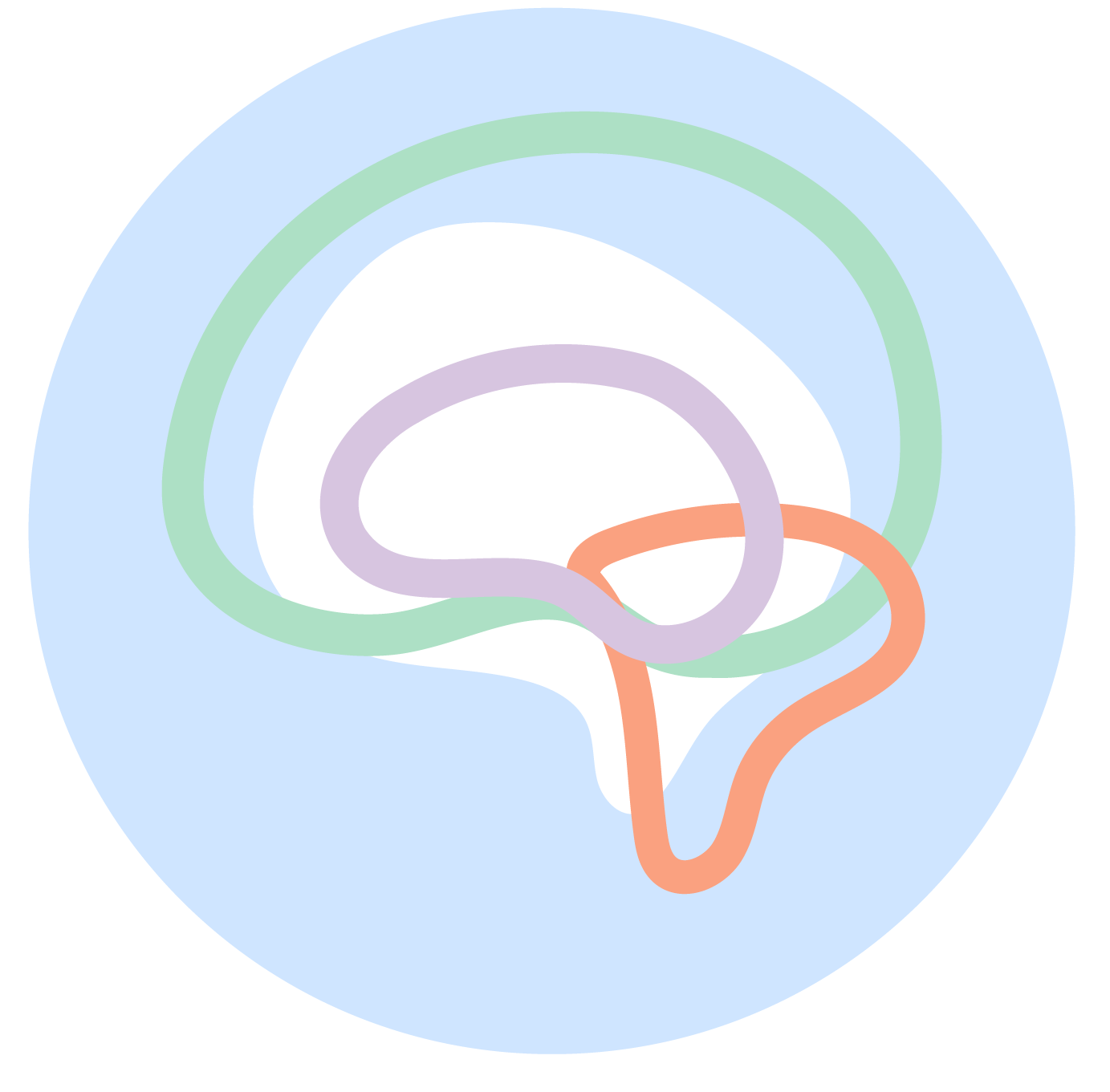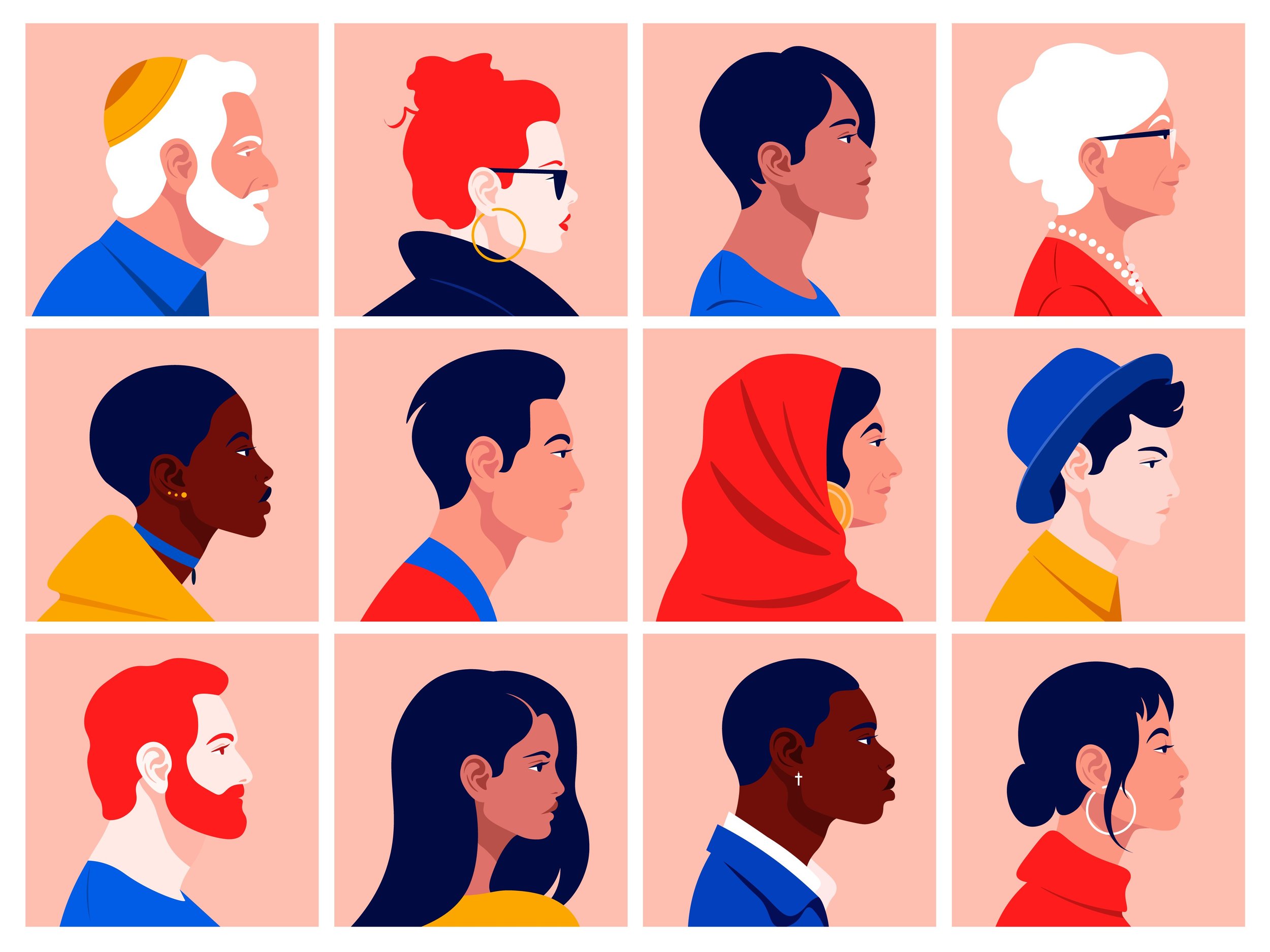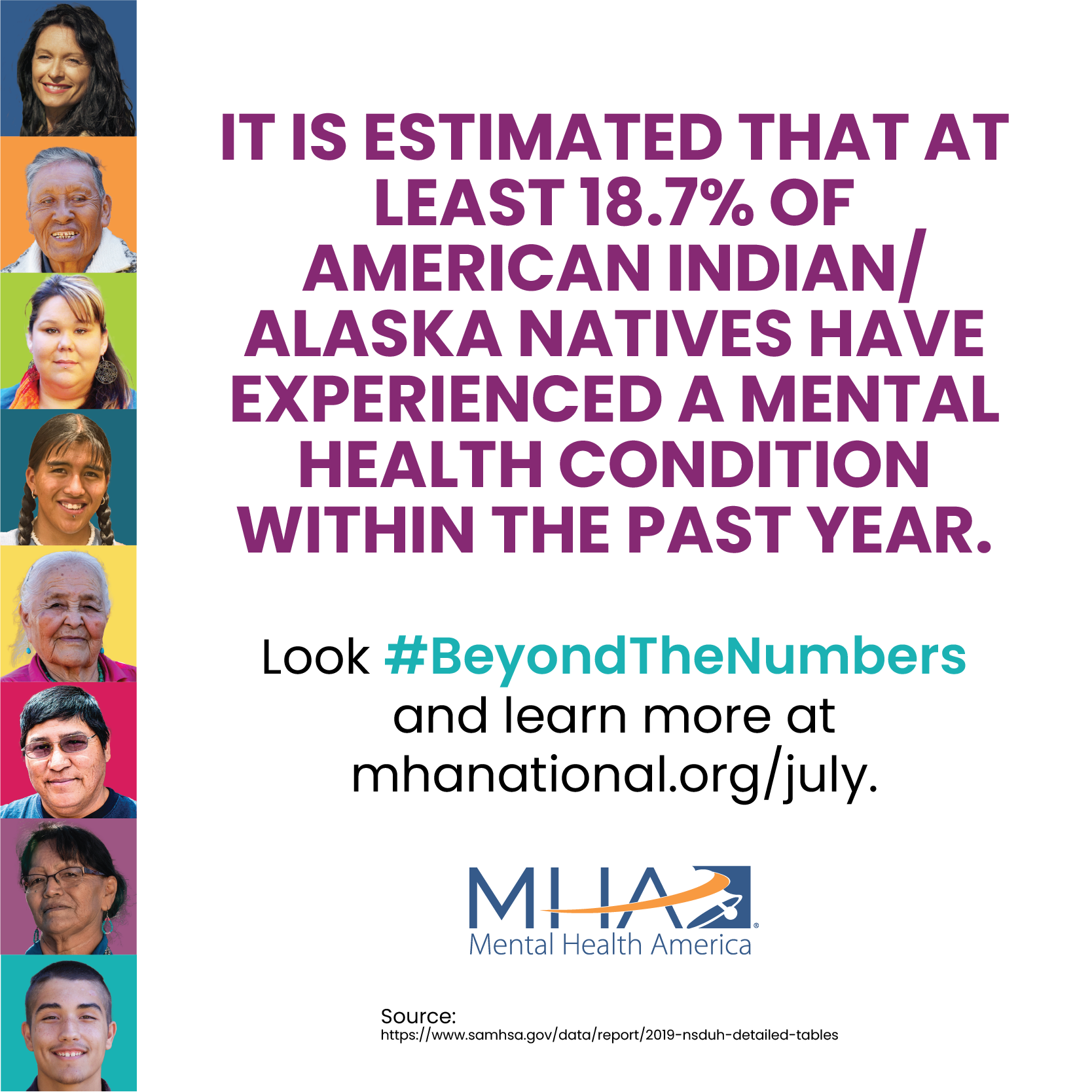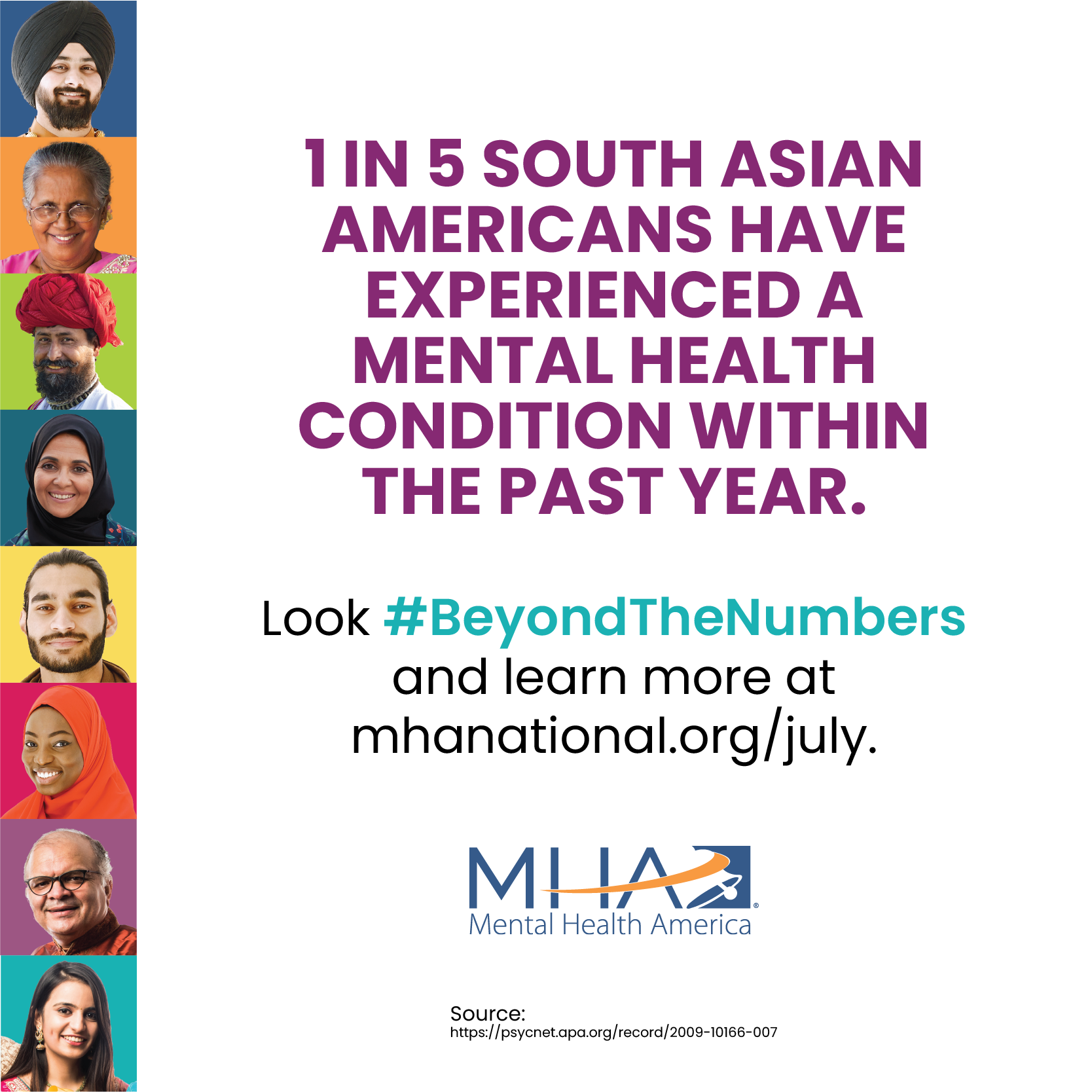
BIPOC Mental Health
July is National Minority Mental Health Awareness Month, emphasizing the mental health challenges that underrepresented groups face and promoting action to support BIPOC (Black, Indigenous, People of Color) communities.
“Knowing who you are begins in the mind.”
— Bebe Moore Campbell
July is not just for fireworks—it's Minority Mental Health Awareness Month, a crucial time to shine a light on mental health disparities faced by minority communities. Did you know that Hispanic and Black adults are significantly less likely to receive mental health treatment compared to their White counterparts? This month, we honor the legacy of Bebe Moore Campbell and her mission to end stigma and provide crucial mental health resources.
Discover the history, significance, and how you can support and uplift minority mental health in our full blog post.
Infographics
How to be an Advocate for BIPOC Mental Health
Learn.
Make an effort to educate yourself. Use different online resources, books, documentaries, and other media to educate yourself about how people from different cultures are affected by mental health issues.
Not sure where to start? Check out the documentary, Documenting Our Presence: Multicultural Experiences of Mental Illness. We also have a collection of books and video content below!
Support.
There are a large variety of organizations for minority mental health, with many specializing in particular communities. Learn about the mission of these organizations, share their resources, and show your support through donations, volunteering, signing petitions, etc.
Head to the bottom of this page to get started!
Share.
Use your platform to share mental health resources for BIPOC communities. Download this free printable resources list for Minority Mental Health Month, put together by Mental Health America.
Reading List
-

Ages 3-8
The Proudest Blue: A Story of Hijab and Family by Ibtihaj Muhammad
“With her new backpack and light-up shoes, Faizah knows the first day of school is going to be special. It's the start of a brand new year and, best of all, it's her older sister Asiya's first day of hijab--a hijab of beautiful blue fabric, like the ocean waving to the sky. But not everyone sees hijab as beautiful, and in the face of hurtful, confusing words, Faizah will find new ways to be strong.”
-

Ages 9+
Other Words for Home by Jasmine Warga
“A gorgeously written, hopeful middle grade novel in verse about a young girl who must leave Syria to move to the United States…At first, everything in America seems too fast and too loud. The American movies that Jude has always loved haven’t quite prepared her for starting school in the US—and her new label of “Middle Eastern,” an identity she’s never known before. This lyrical, life-affirming story is about losing and finding home and, most importantly, finding yourself.”
-

Ages 13-17
Watch Us Rise by Renee Watson
“Jasmine and Chelsea are best friends on a mission--they're sick of the way women are treated even at their progressive NYC high school, so they decide to start a Women's Rights Club. These two dynamic, creative young women stand up and speak out in a novel that features their compelling art and poetry along with powerful personal journeys that will inspire readers and budding poets, feminists, and activists.”
-
10 Books for National Minority Mental Health Month
Check out this list of recommended readings for BIPOC Mental Health Month, put together by Black Children’s Books and Authors.
-
The Unapologetic Guide to Black Mental Health: Navigate an Unequal System, Learn Tools for Emotional Wellness, and Get the Help you Deserve
“In The Unapologetic Guide to Black Mental Health, psychologist and African American mental health expert Rheeda Walker offers important information on the mental health crisis in the Black community, how to combat stigma, spot potential mental illness, how to practice emotional wellness, and how to get the best care possible in system steeped in racial bias.”
-
BIPOC Mental Health | Mental Health America
Learn more about the background and importance of BIPOC Mental Health Awareness.
Youtube Content
Listen to Dr. Ben Carson’s wonderfully engaging discussion on health care reforms and health disparities among people.
Chante Meadows brilliantly talks about the idea of diminishing the stigma of mental health
Hear what Dr. Alfiee Breland-Noble has to say about disparities among minorities and how to reduce them.
Larry Johnson shares his personal struggles that eventually led to his diagnosis of bipolar disorder
Download
Show your support for BIPOC mental health
Download and share the following free posters on social media



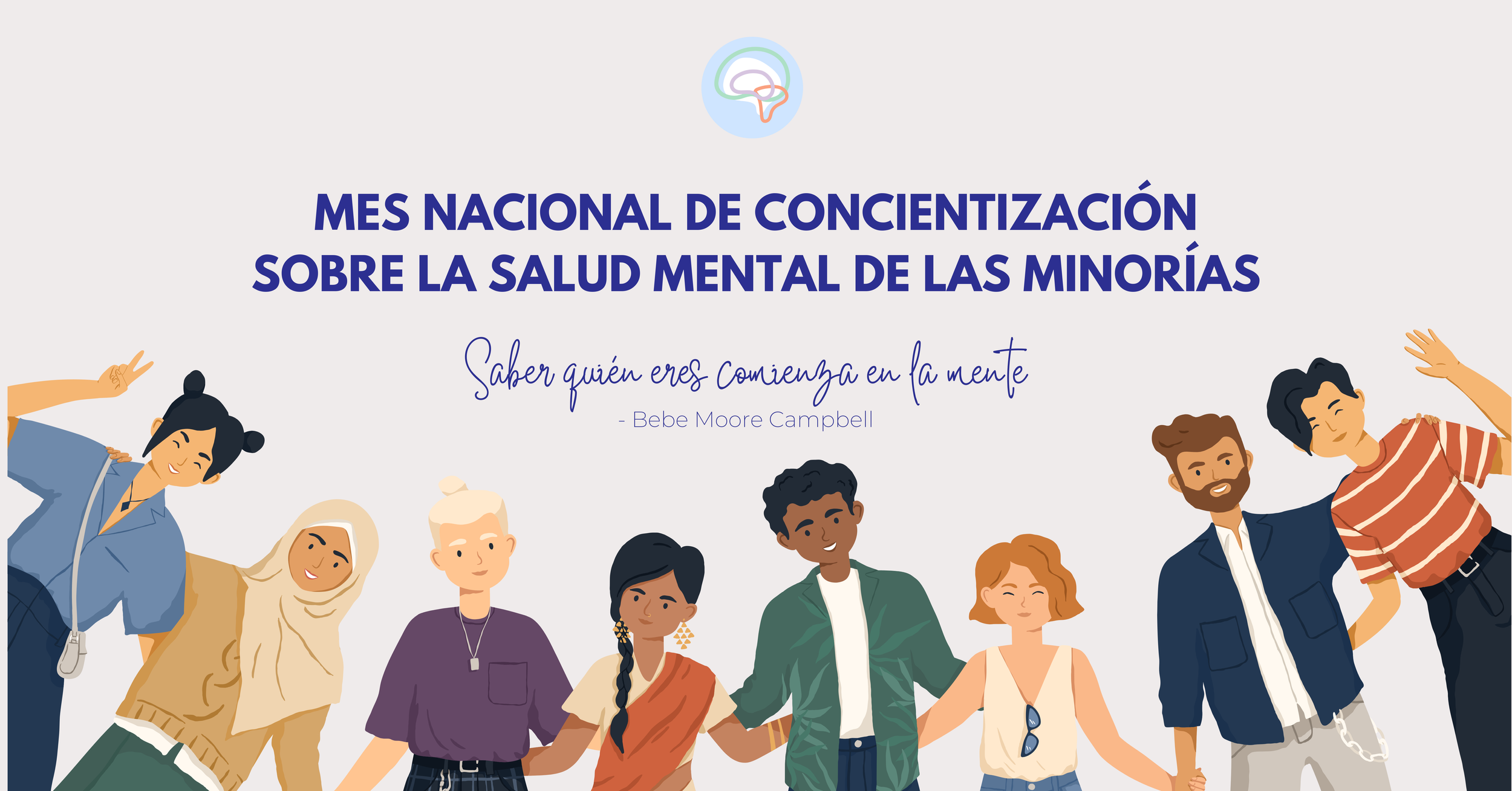
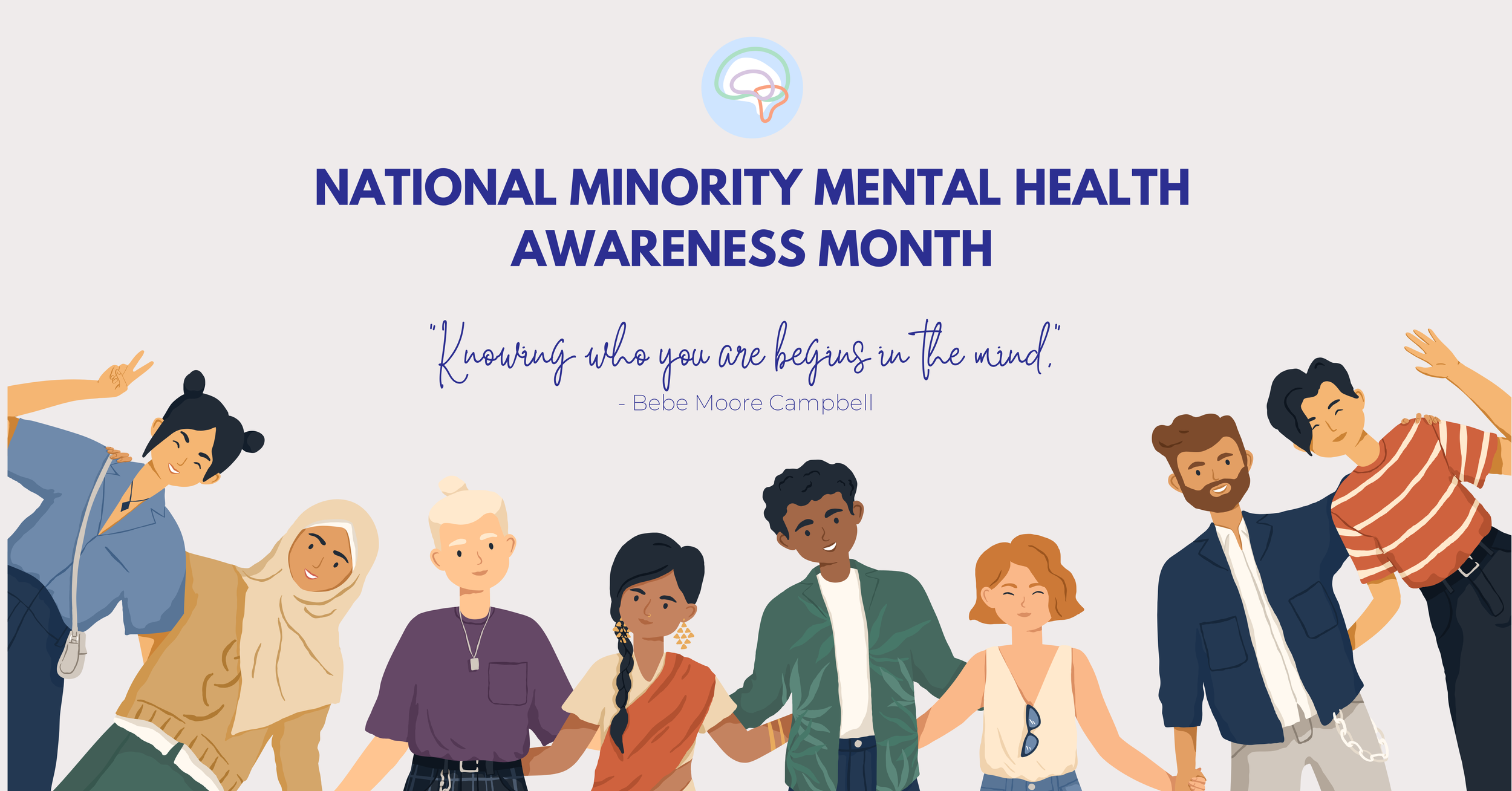
Organizations
Asian Mental Health Collective (AMHC)
AMHC aspires to make mental health easily available, approachable, and accessible to Asian communities worldwide.
Directory for Asian Mental Health Services
Black Emotional and Mental Health Collective
Access trainings for justice-informed support, wellness tools and coaching, peer support, and other resources.
“Healing in Colour envisions a world where BIPOC, in all our intersections, have access to therapy that supports our healing and liberation.”
Explore podcasts & workshops and find therapists & speakers.
Find resources, shareable graphics, information, and more.
Digital library offering mental health information with easy-to-navigate resources for marginalized communities.
Stanford Mental Health for Asians Research and Treatment (SMHART) Clinic
SMHART Clinic is a person-centered program that works with individuals and their families to provide interdisciplinary, culturally-informed applications of evidence-based mental health care to Asians aged 18 years and over.
